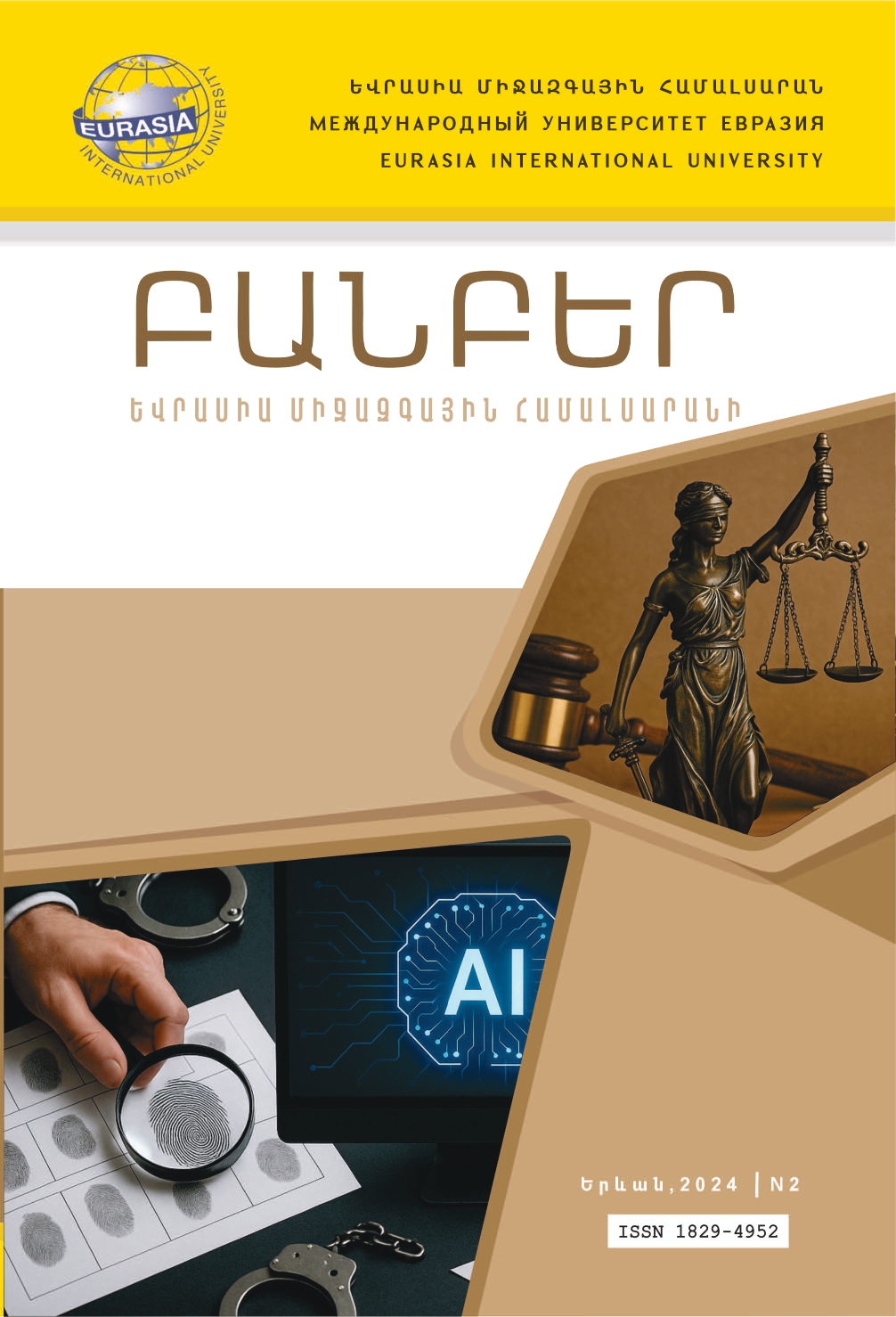FEATURES OF DEVELOPING AN ANTI-CORRUPTION STRATEGY
DOI:
https://doi.org/10.53614/18294952-2024.2-62Keywords:
anti-corruption, strategy, society, ethics, corruption, social, political.Abstract
The article is devoted to the development of an anti-corruption strategy, the activities of anti-corruption committees, as well as opportunities and obstacles that may facilitate or hinder the development of an anti-corruption strategy. This analysis is based on the results of a comprehensive theoretical and practical analysis by renowned researchers based on international experience. Developing an effective anti-corruption strategy requires a combination of institutional reforms, legal mechanisms and public participation. Anti-corruption commissions play a crucial role in implementing preventive measures, investigating corruption and ensuring accountability.
However, various obstacles such as political influence, lack of resources and legal gaps can hinder their effectiveness. Through a comprehensive analysis of the problem, the article seeks to contribute to the discourse on anti-corruption policy by offering insights into how developed strategies can improve public relations. The conclusions emphasize the importance of a systemic approach that integrates legal, institutional and public relations efforts to effectively combat corruption.
Downloads
Published
How to Cite
Issue
Section
License
Copyright (c) 2024 Banber Eurasia International University

This work is licensed under a Creative Commons Attribution-NonCommercial-NoDerivatives 4.0 International License.




